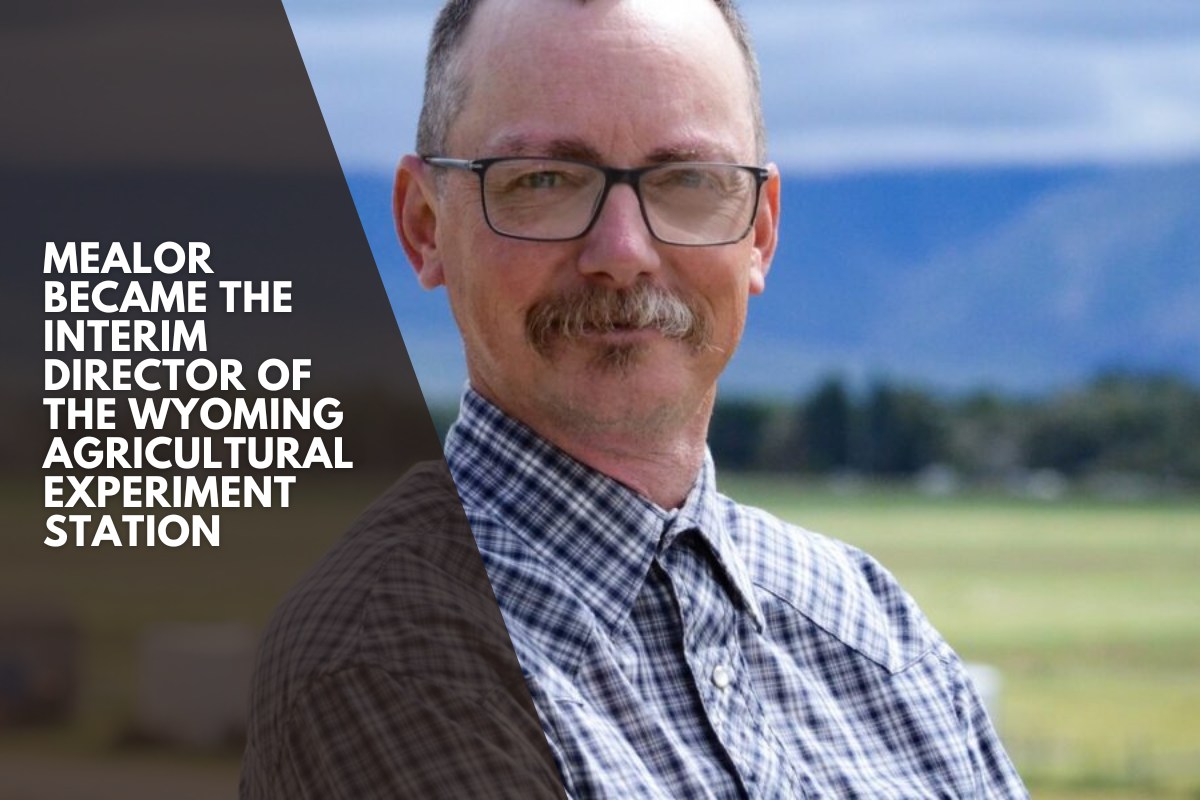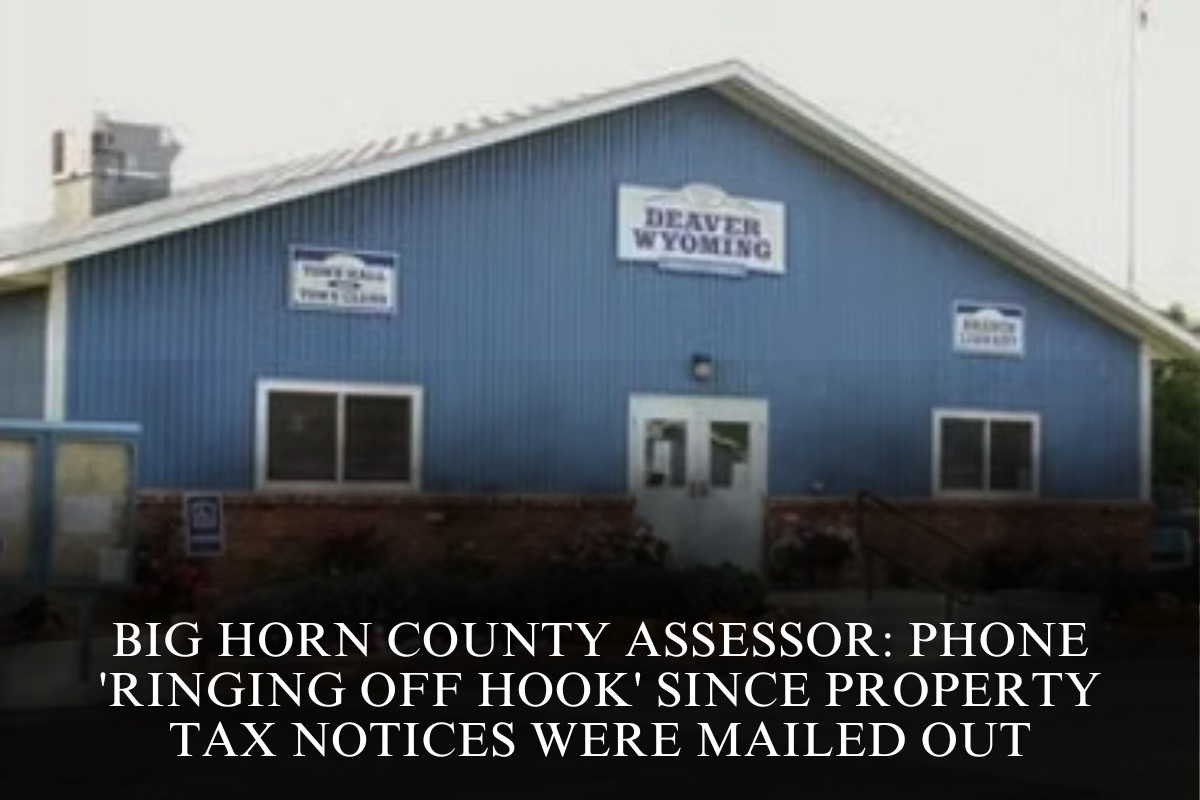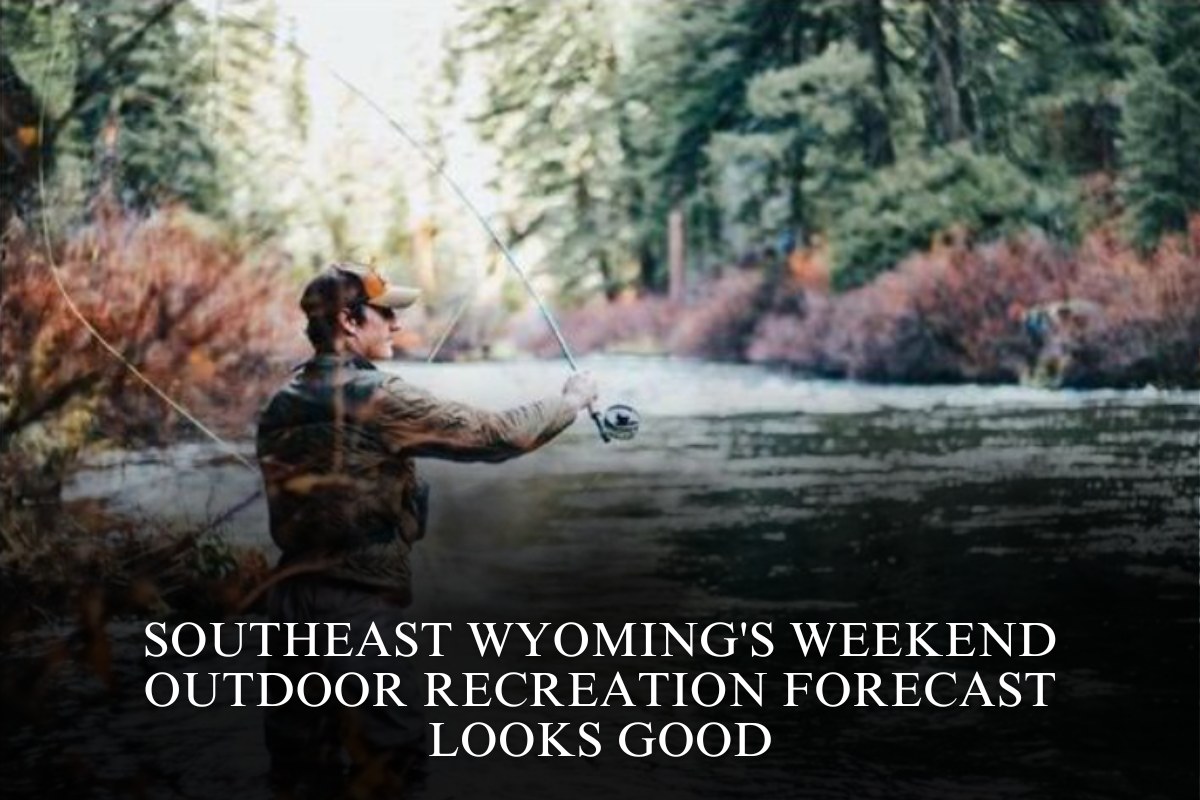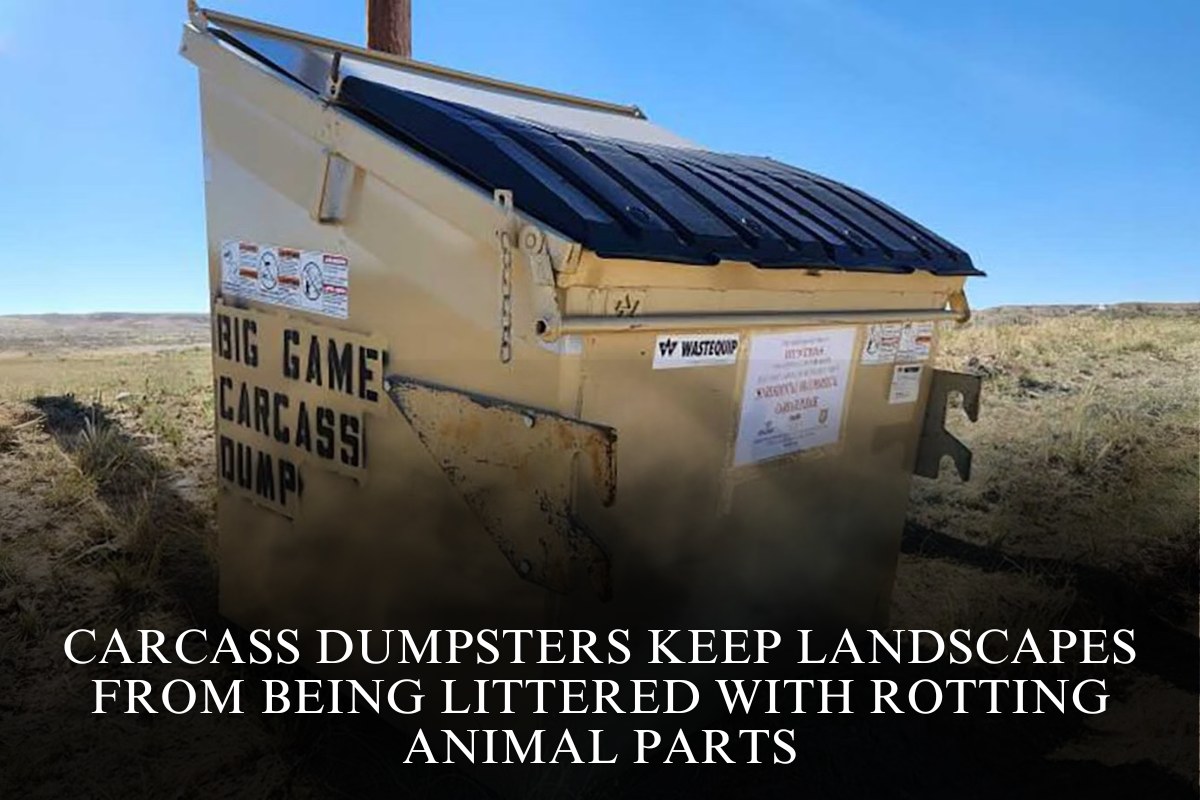The University of Wyoming welcomes Brian Mealor, director of the Sheridan Research and Extension Center, as interim director of the Wyoming Agricultural Experiment Station.
Mealor will take over the interim role on Tuesday, September 2, following the retirement of outgoing director Eric Webster on Friday, August 29.
“I am deeply grateful for Eric’s leadership at the agricultural experiment station and our college. His unwavering dedication to the land-grant mission, as well as his success in increasing support for our research and extension centers, have had a long-term impact,” said Kelly Crane, Farm Credit Services of America dean in the College of Agriculture, Life Sciences and Natural Resources.
“I am equally excited to welcome Brian to our leadership team,” Crane adds. Brian has spent many years serving Wyoming as a researcher, extension specialist, educator, and administrator. His strong commitment to keeping UW (University of Wyoming) relevant, responsive, and accountable to our state will benefit us greatly in this interim role.”
The Wyoming Agricultural Experiment Station, as the College of Agriculture, Life Sciences, and Natural Resources’ research arm, funds research on a wide range of topics, including drought-resistant crops, invasive weed management, livestock production, and agricultural economics.
In addition to supporting on-campus research, WAES operates four research and Extension centers throughout the state. These research centers, which are located in Laramie, Lingle, Powell, and Sheridan, serve as hubs for local, regional, and even international projects.
As WAES interim director, Mealor will guide statewide initiatives in collaboration with college leadership while also fulfilling local responsibilities at the Sheridan R&E Center.
“I want to acknowledge the good that Eric [Webster] has done,” he told me. “During his time as director, significant improvements were made at all R&E centers, especially in terms of equipment. We’re poised to move forward even more efficiently…” The team is also very good, and it’s exciting to support them.”
Mealor, a professor of plant sciences, received his M.S. and Ph.D. in rangeland ecology and watershed management from the University of Washington.
Following his postdoctoral research at UW, Mealor worked as the director of stewardship for The Nature Conservancy in Wyoming before returning to UW as an assistant professor of plant sciences and extension weed specialist. In 2015, he was named director of the Sheridan Research and Education Center.
Mealor considers himself fortunate to have worked with collaborators on campus and in communities throughout the state. “It helped me get a broad perspective on what applied research can do to help serve people in Wyoming,” according to him.
Mealor, a nationally recognized weed science expert, focuses on managing annual invasive grasses in western rangelands. In addition to his role as director of the Sheridan R&E Center, he also directs the Institute for Managing Annual Grasses Invading Natural Ecosystems, or IMAGINE.
IMAGINE, headquartered at UW, brings together local, state, and regional partners to find solutions to the spread of invasive grasses such as cheatgrass, medusahead, and ventenata. The organization conducts scientific research, offers outreach education, and creates practical resources for land managers and owners.
“We have become one of the most sought-out and trusted resources for strategic management of invasive grasses in rangelands of the western U.S., not just in terms of science but also hands-on support,” Mealor told me. He intends to bring this practical, proactive approach to his role as interim WAES director.
Mealor can be contacted at [email protected] or (307) 673-2647.












